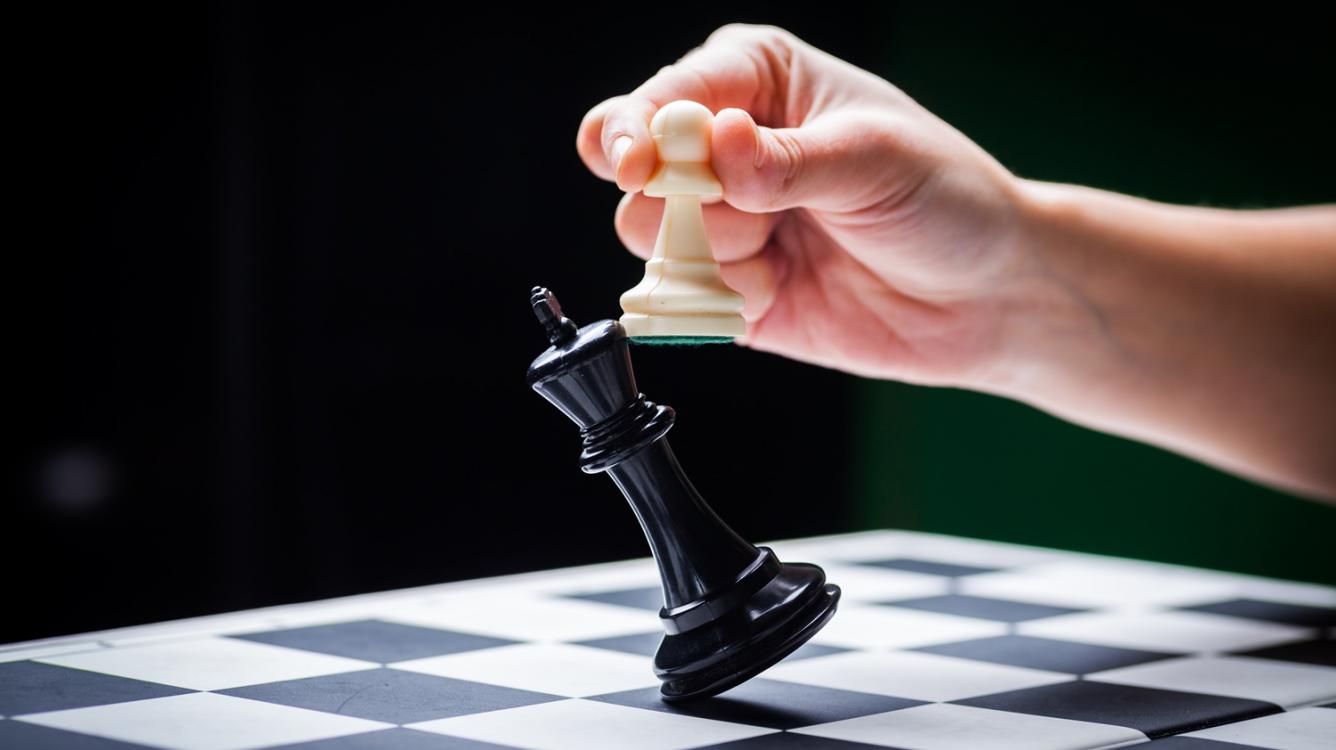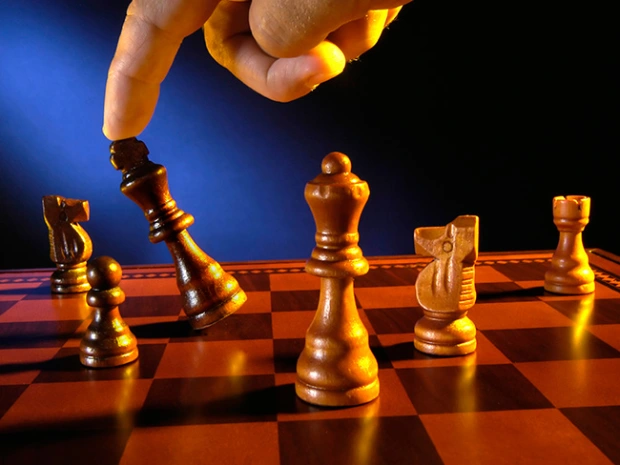There is a misconception that chess players must already be smart with a high IQ. While chess may appear to be an ordinary board game, it requires a great deal of mental strength and stamina to play, not to mention win.
For new players, it can be confusing, along with an infinite number of possible moves. If someone with a genius-level IQ played chess without understanding the rules, it would take them a while to get used to them. Thus, an intelligent person will not automatically become one of the world’s greatest chess players after just one game. For any sport to become good, practice and patience are essential.
So, you don’t have to be smart or naturally intelligent to play chess or be a pro. That being said, keep reading to discover 8 ways you can improve your brain by playing chess:
1. Chess raises your IQ.
Playing chess regularly can help increase your IQ because it engages your brain in complex problem-solving. As you progress in the game, you must constantly adjust your strategies and develop creative solutions to win. This type of mental workout can help sharpen your cognitive skills and increase your IQ.
2. Exercise both brain sides.
It is a complex game that requires problem-solving and analytical skills, as well as the ability to think ahead and anticipate the opponent’s moves. It helps to exercise both sides of the brain, stimulating creativity and critical thinking while also improving concentration and focus.
3. Makes you more creative.
Playing chess constantly challenges players to figure out new strategies and solutions. It encourages the player to think outside the box and develop creative problem-solving skills. A player’s analytical skills can be sharpened when they anticipate their opponent’s moves.

4. Improves your memory.
When it comes to remembering multiple moves and strategies, players have to create mental maps of the board and remember where pieces are located and how they have moved. This helps to improve their memory and recall abilities.
5. Improves problem-solving skills.
Chess teaches problem-solving skills similar to those used in mathematics. The reason is simple: a chess game is like solving a puzzle, except the challenge (and the solution) changes with every move your opponent takes.
6. Enhances your reading ability.
Chess requires you to anticipate your opponent’s next move and plan accordingly. This sharpens your ability to analyze problems, predict outcomes, and think critically. It also helps you to identify patterns and understand the implications of certain moves.
7. Boosts concentration.
To succeed at chess, you must pay close attention to all the details of the game. Focus on the board and pieces, anticipate your opponent’s moves, and consider possible strategies, all while keeping an eye on the clock. You’ll be able to focus and stay attentive everywhere else.
8. Teaches planning and foresight.
As chess depends on strategic planning and foresight. Every move has implications and consequences that must be weighed. Chess can help us improve our planning and foresight skills in academic, professional, and personal endeavors.







